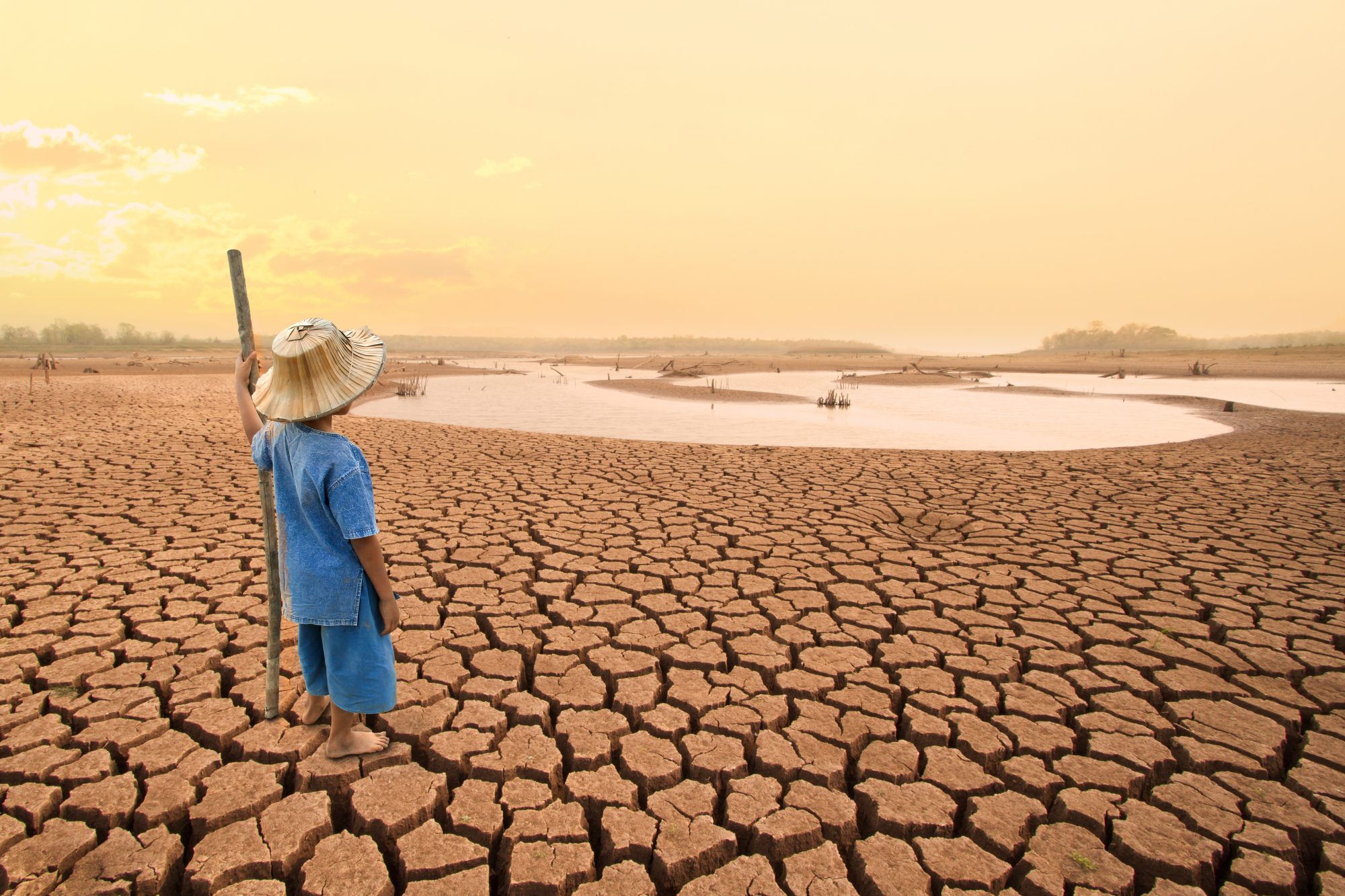
On Monday, climate scientists and national representatives convened for a virtual two-week conference to finalize the latest section of the Intergovernmental Panel on Climate Change’s (IPCC) sixth report. It is expected to include information on the climate crisis impact on mental health for the first time.
“A part of the mental health challenge is apocalyptic fears among young generations. So, we have to be careful how we communicate the results of our science and whether we talk of collapsing of the biosphere and disappearance of mankind,” Petteri Taalas, secretary-general of the World Meteorological Organization, said during the opening ceremony of the 55th session of the United Nations (UN)-backed body. It collates the latest scientific opinion on global warming
The report will include the economic, food security, ecological, health, and mental health implications of the climate crisis. There will be a summary for policymakers. The conference will go over line by line. On February 28, the summary will release.
The IPCC issued a comprehensive report on the physical science base of climate change in August of last year. It affected the November climate conference in Glasgow. The physics community is clear on what is happening now and what is likely to happen in the coming decades. Thus, particularly concerning glacier melting and rising sea levels, according to Taalas.
“The growing trend of disasters is expected to continue at least till the 2060s, and sea-level rise will continue much longer because we have already exceeded 420 ppm of CO2 concentrations,” said the chief of the UN weather agency. “If we have carbon removal technologies available, we could change that. So far that is not the case.”
Most ambitious assessment report
According to the World Meteorological Organisation, the concentration of carbon dioxide (CO2) in the atmosphere in 1980 was roughly 340 parts per million (ppm).
Heads of state can see and understand the effects of the climate problem. They did not question scientific evidence during the Glasgow summit, according to Taalas. “Africa, South Asia, and Pacific Islands are very vulnerable when it comes to impacts of climate change,” he said.
Hoesung Lee is the chair of the scientific organization. According to him, the current sixth cycle of the assessment report is the most ambitious in IPCC history. As per Lee, the latest report would feature more broad and local information than past studies. The studies have a focus on natural, social, and economic sciences.
Policymakers from 196 countries and 270 scientists from 67 nations will review the summary for policymakers over the following two weeks.
“The first working group report of the IPCC sixth assessment in 2021 quantified the physical changes in the past and future climate, due to increased greenhouse gas emissions. The second working group report will elaborate on the impacts and risks due to these physical changes and point out ways to reduce these risks through adaptation,” Roxy Mathew Koll says. He is a climate scientist at the Indian Institute of Tropical Meteorology.
“South Asia, and particularly India, is already facing increased risks due to rising extreme weather events such as floods, landslides, and droughts, cyclones, heatwaves and cold waves, and a rising sea level. The dense population and low household income in the region will raise the vulnerability and risk that we are facing,” Koll said. “Hence, we urgently need to embrace adaptive measures to build a climate-resilient, disaster-proof country, but that will require immediate policy and action.”
Climate change and Mental Health
Anxiety-related reactions, as well as persistent and severe mental health illnesses, are caused by climate change and related calamities. Flooding and extended droughts have been linked to increased anxiety, depression, and post-traumatic stress disorder. Trauma and losses associated with a disaster can contribute to sadness and anxiety, according to American Psychiatry Association.
An increase in aggressive behavior and domestic violence is also linked to extreme weather occurrences. Extreme heat may cause an increase in the use of alcohol to cope with stress. It increases hospital and emergency department admissions for those with mental health or psychiatric issues. It also leads to an increase in suicide.
In the aftermath of a climate-related tragedy, the demand for mental health care grows. At the same time, services’ availability or accessibility is less.





